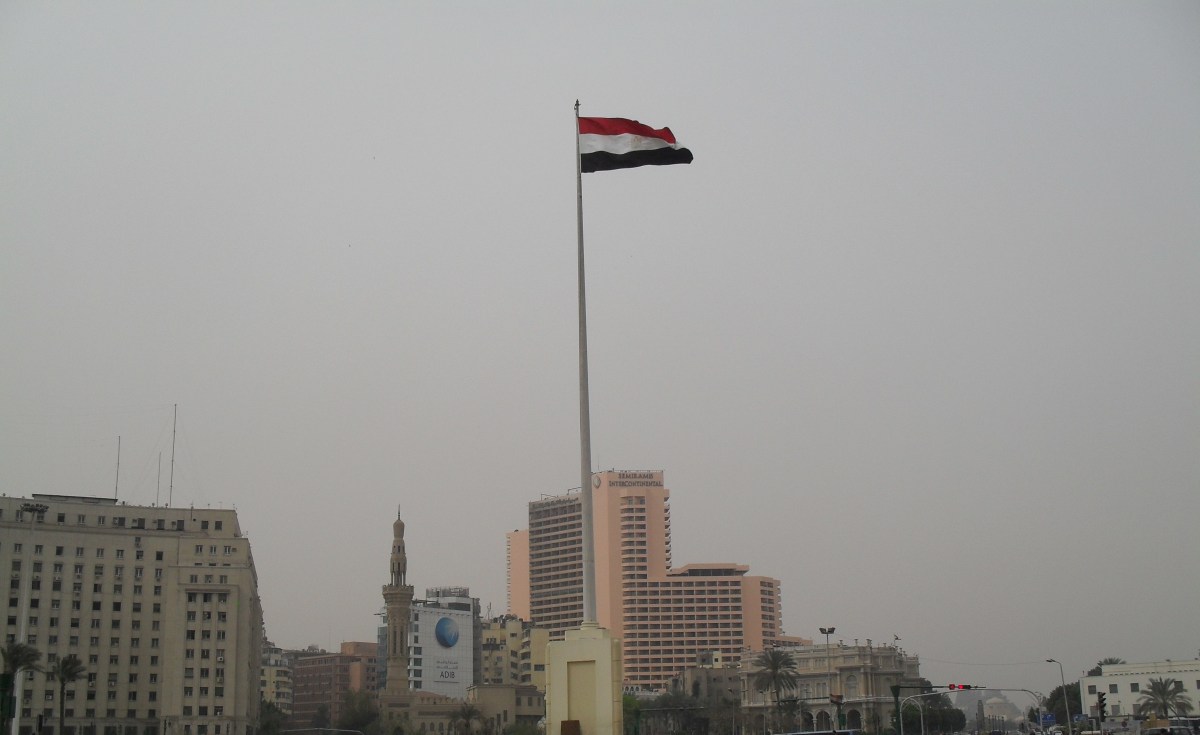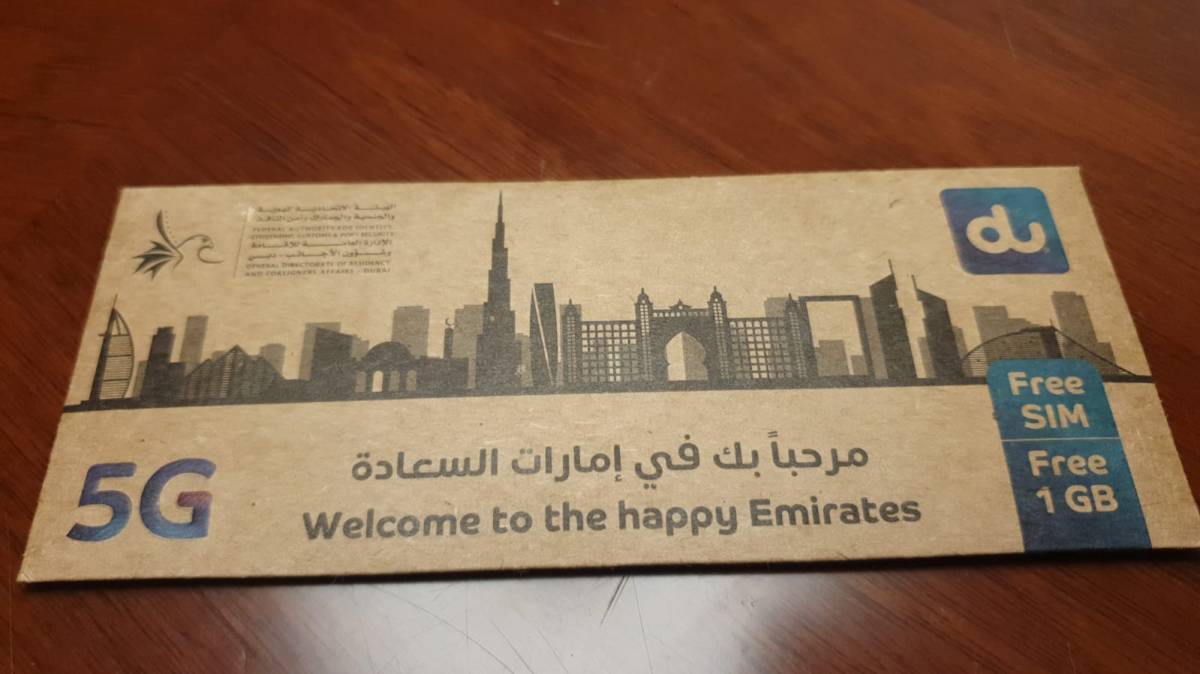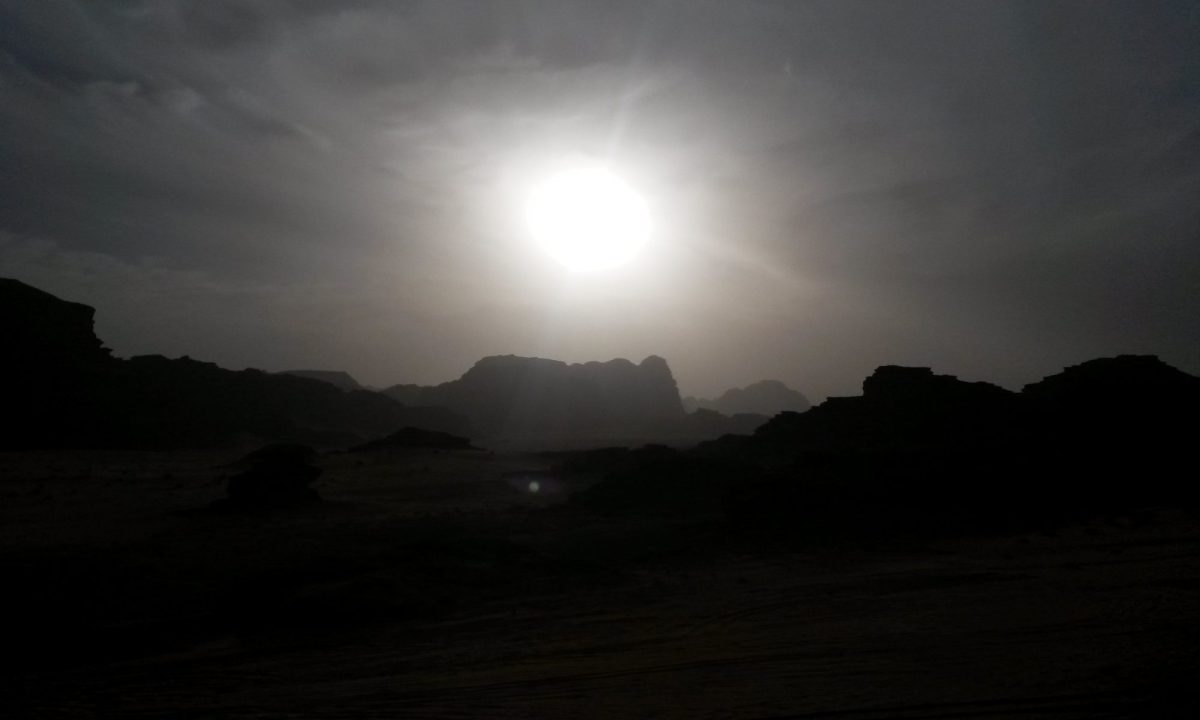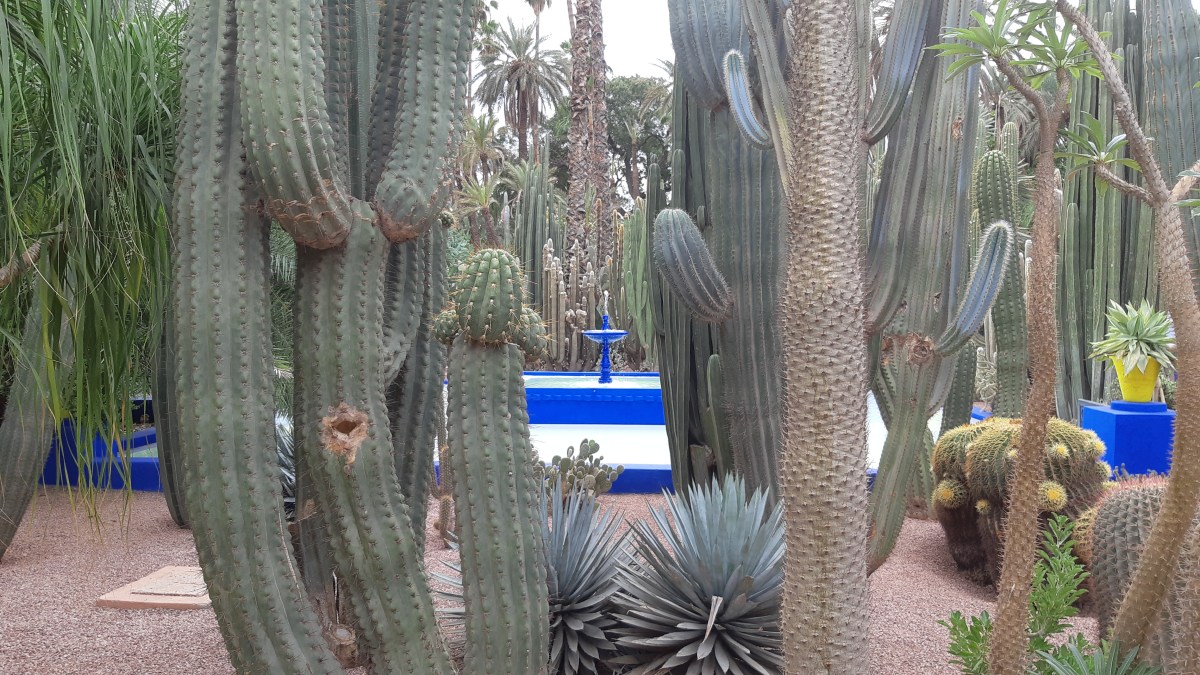Hizb ut-Tahrir (HT) is a political party, which started its activities in the Middle East, then spread worldwide. It was founded in the 1950s by Taqi al-Din al-Nabhani. Like their off-shoot (who use to call themselves) al-Muhajirun, HT is banned in the United Kingdom.
The name Hizb ut-Tahrir is from the Arabic language, hizb al-tahrir (حزب التحرير), and literally means party of liberation or liberation party. Hizb means ‘party’, al means ‘the’ and in a possessive construction works like ‘of’. Tahrir means ‘liberation’. Think of liberation square or square of liberation (ميدان التحرير) in Cairo, Egypt, i.e. Tahrir Square. This is the place where most protestors gathered during December 2010 (after which president Mubarak lost power).
I have found that Hizb ut-Tahrir shares a lot in common with so-called Bolshevism (early 20th century Russian Communism). Both are/were political parties/movements looking to seize political power, with the belief of restoring justice to the world.
The Hizb ut-Tahrir splinter group Muhajirun (founded by Omar Bakri) differs from HT in that they believe in establishing an Islamic State anywhere in the world; whereas HT primarily focuses on the Middle East (while recruiting elsewhere). Similarly, after Lenin’s death, the Communist Party began to have internal disagreements, the major one being between the Trotskyists (international or permanent revolution) and Stalinists (communism in one country).
When discussing democracy, Hizb ut-Tahrir will use the worst examples. Likely, they will reference the origins of the word, i.e. Athens, Ancient Greece (and not so much current day democracy in the UK). Further, HT believe that voting should be done within the party alone and not by the masses.
J. H. Arnold writes: “Democracy was born in ancient Athens, or so we like to believe; but no historian of antiquity would equate the government of that city with twentieth-century representative politics. The founders of the American Constitution spoke of ‘rights’ in universal and ‘natural’ terms (‘We hold these truths to be self-evident…’), but they did not believe that women or the poоr should have the vote, and they owned slaves. They were not complete hypocrites, but partly products of their time, and of what they took for granted in their world.”
Bolsheviks saw parliamentary democracy (around 19th/20th century) as a bourgeois democracy (representing those with wealth) and believed the later Soviet system (elected worker councils) to be the real democracy. However, in practice, real power lay with the Communist party (in front of which was a public façade of Soviet democracy) and over time the people became disillusioned with Soviet rule. Meanwhile, the petty democracies of Western Europe became more inclusive of the masses.
It is a part of the methodology of Hizb ut-Tahrir that in order to gain power in the Middle East, they would need to convince the military to carry out a coup d’état. This need not be bloody, but history shows that military coups are rarely bloodless (for instance in Syria or Iraq, etc). Likewise, the Bolsheviks also believed in taking power by force and did so in November 1917, resulting in over a dozen deaths. In addition, their lack of cooperation with others and disregard of the (elected) constituent assembly was followed by a bloody and painful civil war.
If/once the military coup is successful, HT’s plan is the setting up of a one-party state, i.e. Hizb ut-Tahrir, which would keep in check the (HT appointed) caliph/president. As explained already, alongside the Soviet democratic structure, the Bolsheviks also set-up a one-party state, which is really what governed the country.
Just as the Bolsheviks saw themselves as the vanguard of the working-class, Hizb ut-Tahrir also sees itself as the vanguard of the Muslims. There is no debate outside the party, only inside. After all, they are the true intelligentsia, or so they think.
Hizb ut-Tahrir operates in semi secrecy. They organise somewhat public lectures for their supporters and recruitment purposes, and private courses for those who aspire to become members. Before the 1917 revolution, the Bolsheviks similarly operated in a semi-underground fashion.
Hizb ut-Tahrir claims to follow classical texts from the Muslim tradition. For example, they will mention Imam Shafi’s Risala. However, they also contradict this book. For instance, they do not have faith in ahad hadith (prophetic narratives with fewer chains), yet Imam Shafi’s book includes a chapter on accepting habar al-wahid, (which includes a narrative referring to the story of Musa and Khidr). Similarly, Bolsheviks were criticised for not having the correct interpretation of Das Kapital (by Karl Marx). For example, the so-called Mensheviks believed that socialism could be achieved via a peaceful transfer of power, from the industrialists to the proletariat. Indeed, during the civil war, they (with other socialists) managed to set-up a short-lived egalitarian society (before it was absorbed by the counter-revolutionists, etc).
Hizb ut-Tahrir sometimes claims that they have a purely political focus, but in order to become a member one actually must take on their creed (aqueeda), which is not exactly Muslim orthodoxy or the majority Muslim faith. For details, ask the Sufis and the Wahhabis. Initially, the Bolsheviks were also in contrast to perhaps the majority of the social democratic movement, but since they were able to take power (for almost a century) their version of socialism is the one that became prominent in the first half of the 20th century. For instance, the authorities in 1920s Germany associated socialism locally (perhaps wrongly) with what they heard about happening within Soviet Russia.
Hizb ut-Tahrir’s notion of an Islamic State was never realised in the 20th century; despite their founder saying it would take no more than 30 years. Meanwhile, the Bolsheviks were in power for over 70 years, but did not achieve socialism.
Sources:
https://www.theguardian.com/uk-news/2024/jan/15/islamist-group-hizb-ut-tahrir-to-be-banned-organising-uk
https://www.britannica.com/topic/Bolshevik
Arnold, John H. History: A Very Short Introduction. 2000. Oxford University Press.






